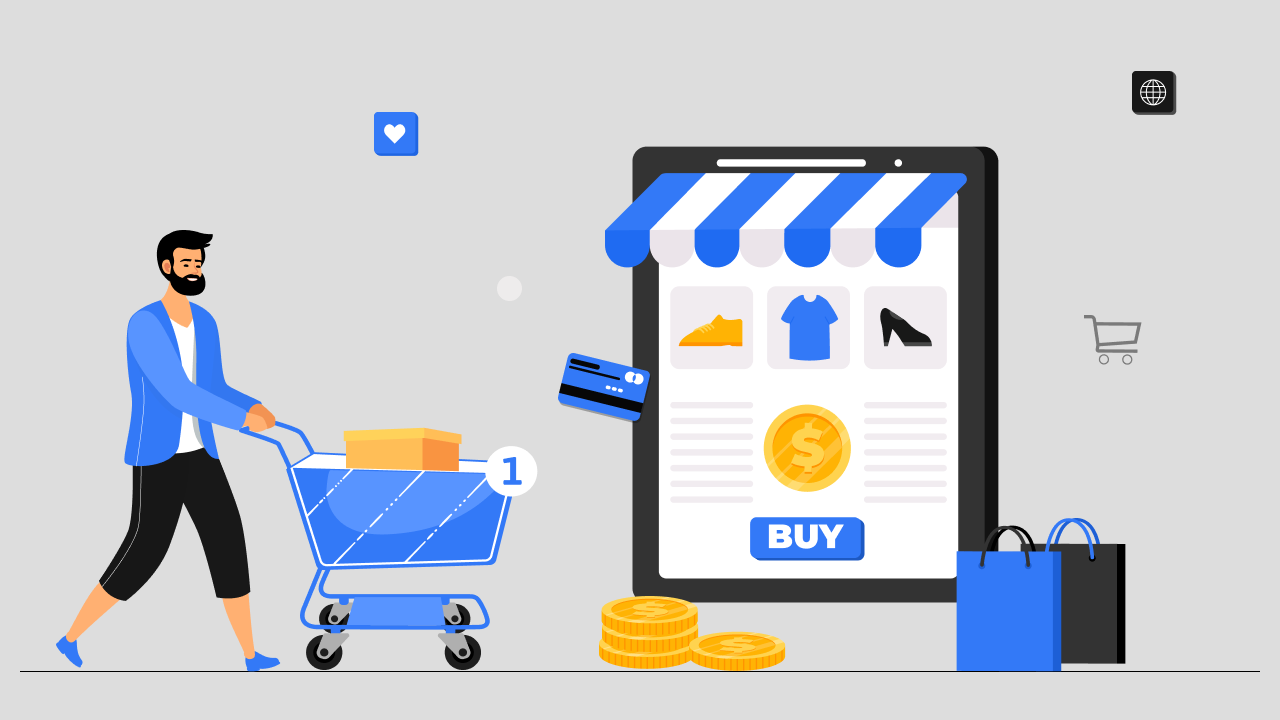
Online shopping has gained momentum around the world and the graph is still showing an uptrend. With the growing popularity of e-commerce shopping, more and more online stores are opening, thus the market conditions are challenging. In these tough competitions, to stand apart, business owners should look for strategies to increase the profitability of an e-commerce business.
IoT-based e-commerce will be the future of the e-commerce industry. If you want to get ahead of your competitors and make your business future-proof, start implementing IoT in your e-commerce business.
In this blog, we will discuss the area of application of IoT, its benefits, how IoT-based e-commerce would benefit the business and how to use the Shopify upsell app to enjoy increased online sales
Area Of Application Of IoT In eCommerce
IoT-enabled devices together make a network and share data with each other which is why it is employed in the e-commerce industry. The following are the major applications of e-commerce IoT.
Automatic Checkouts
This application of IoT is implemented in Amazon Go (brick-and-mortar store of Amazon). When you pick up a product from the shelves it gets added to your Amazon cart automatically. If you walk out of the store, the bill gets paid automatically from your Amazon app.
This technology will be very useful for established e-commerce companies that want to open a store to expand their reach.
Efficient Inventory Management
With the help of IoT smart devices, AS/RS (Automatic Storage & Retrieval System) can be possibly implemented in your e-commerce warehouse. The heart of this system is IoT sensors and RFID tags which reads the product information such as product type, quantity, batch no., and expiry date. This data is communicated with the system so that the operator can take necessary action.
These devices reduce manual intervention significantly and improve the overall efficiency of the warehouse. Moreover, customers and the senior management team can keep track of inventories in real-time.
Another IoT-enabled device is Smart Shelves. These shelves are developed to place orders automatically if the quantity of products goes below the re-order level.
Accurate Logistics Tracking
In order to deliver a better customer experience, e-commerce stores provide a facility to track their order shipment. To further enhance customer service, you can implement accurate tracking of logistics vans with the help of IoT-enabled devices like GPS. This device will also help in re-routing to avoid traffic congestion.
Decreases Deadstock
Unsold inventories hamper the profitability of your business. Deadstock is the result of being unaware of customer behavior and a lack of understanding of market trends. With IoT, you can get insights into consumer behavior, and order patterns and predict the demand for products. Hence, when you have an idea of the demand you can manufacture/order products optimally such that it does not pile up in a warehouse and become unsold inventories.
It saves valuable resources such as human resources, space in warehouses, and funds of a company thereby boosting overall profit margin.
Enables Personalization
When you interact with an IoT device, it stores some data. The more you interact, the more data will be collected. From this data, algorithms can learn the preference of customers, and based on their preferences, ads will be shown ensuring maximum conversion.
Seamless Business & Customer Relationship
The future of eCommerce will be like sci-fi movies. Suppose you sell coffee beans via an existing eCommerce platforms. The coffee machine at your customer’s premises will place orders with your website automatically once the coffee beans go below a predetermined quantity. So this is how e-commerce IoT devices will enable seamless relationships between customers and businesses.
Tethered Performance Monitoring
IoT devices allow manufacturers to track the performance of their products irrespective of their location. In other words, it works as a tool for remote assistance. The intelligent sensors attached to the product share data related to operation, maintenance, and performance.
Companies can also inform customers about the poor operation of a product which reduces the chances of a breakdown.
Benefits Of IoT In eCommerce
The following are the benefits of IoT in eCommerce:
Roadblocks In Implementing IoT-based eCommerce
Final Thoughts
So this was all about the IoT in e-commerce. Take your e-commerce business to the next level with IoT. Don’t wait, now is the time to invest in it otherwise you will miss an opportunity. We know it requires funds but it’s worth investing in. Meanwhile, you can install Shopify upsell app to increase AOV and get a steady flow of profits so that you can invest in the technologies of the future.
FAQs On IoT In eCommerce
Q. What is IoT?
Ans.
In simple terms, IoT is a network of physical and virtual devices connected with each other via the internet for the purpose of sharing information with each other.
Q. What do you mean by ‘IoT in e-commerce’?
Ans.
It refers to the use of IoT (internet of things) technology to manage and process e-commerce trades. The IoT technology helps in tracking goods in shipment, and warehouse management and monitors customer satisfaction/sentiments.
Q. What will be the impact of IoT in e-commerce?
Ans.
After the implementation of IoT in e-commerce the way you handle inventories and logistics will be changed. No human intervention will be required to handle the goods.

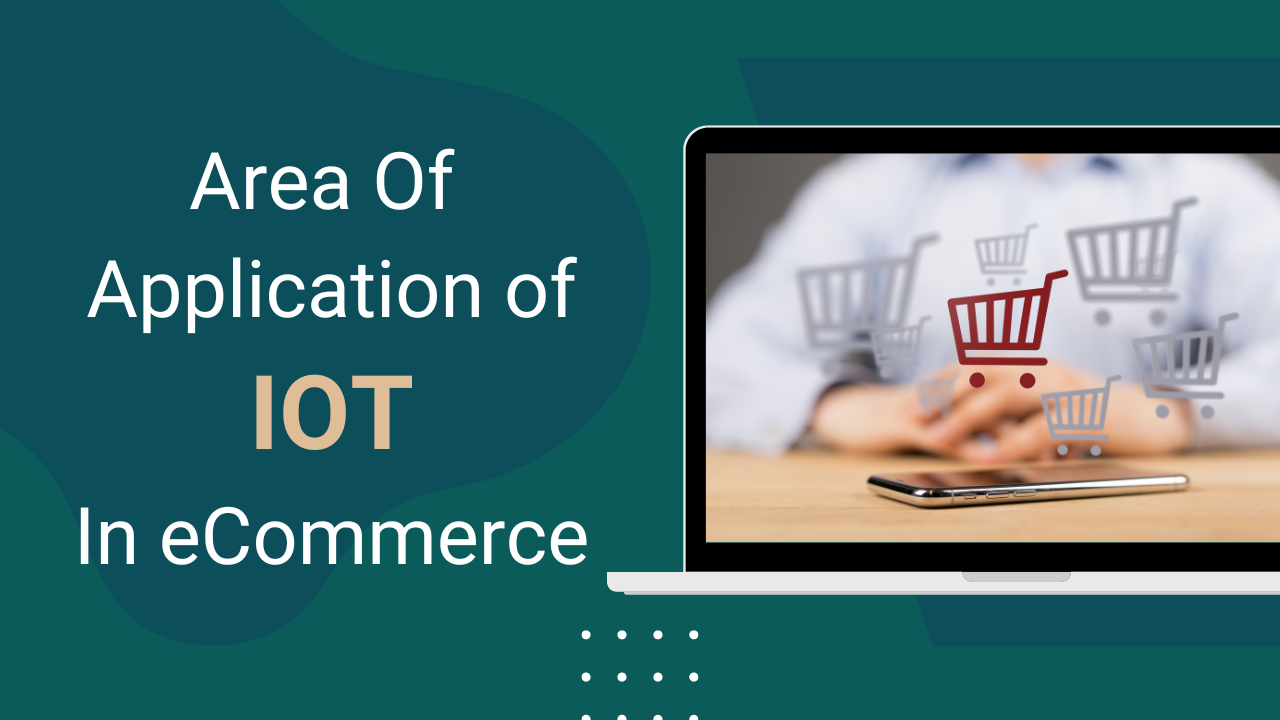
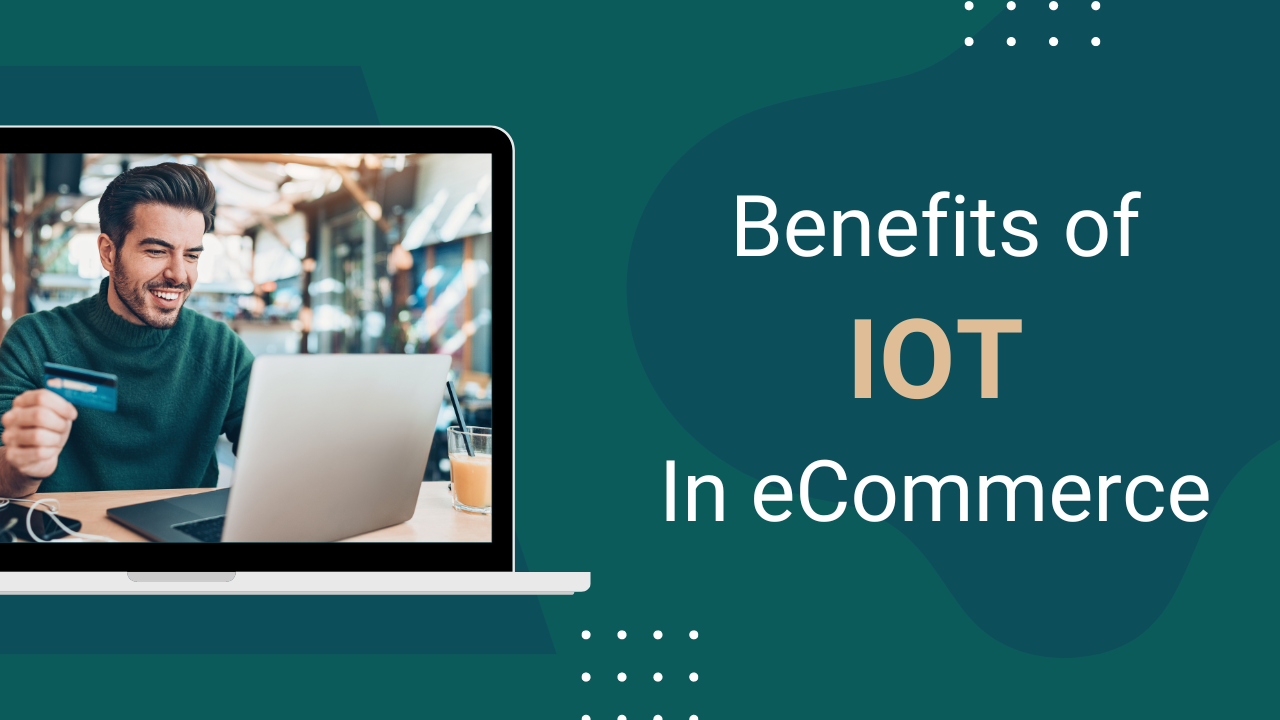


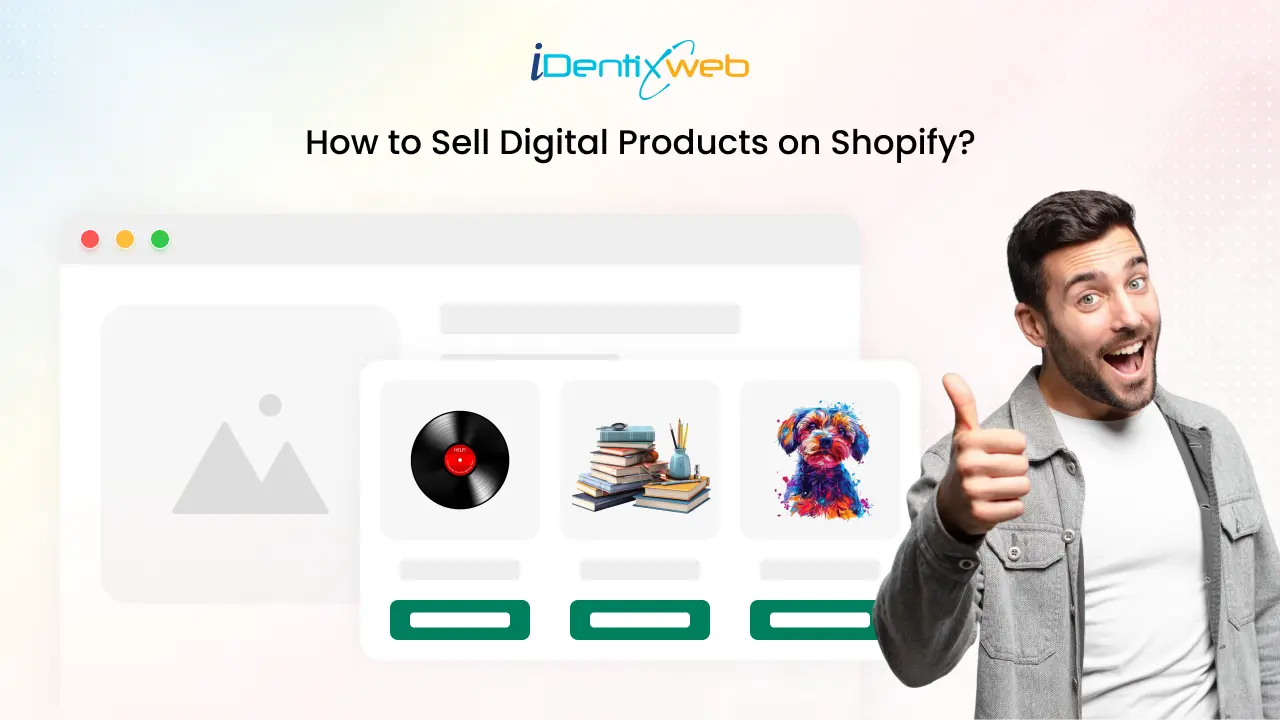
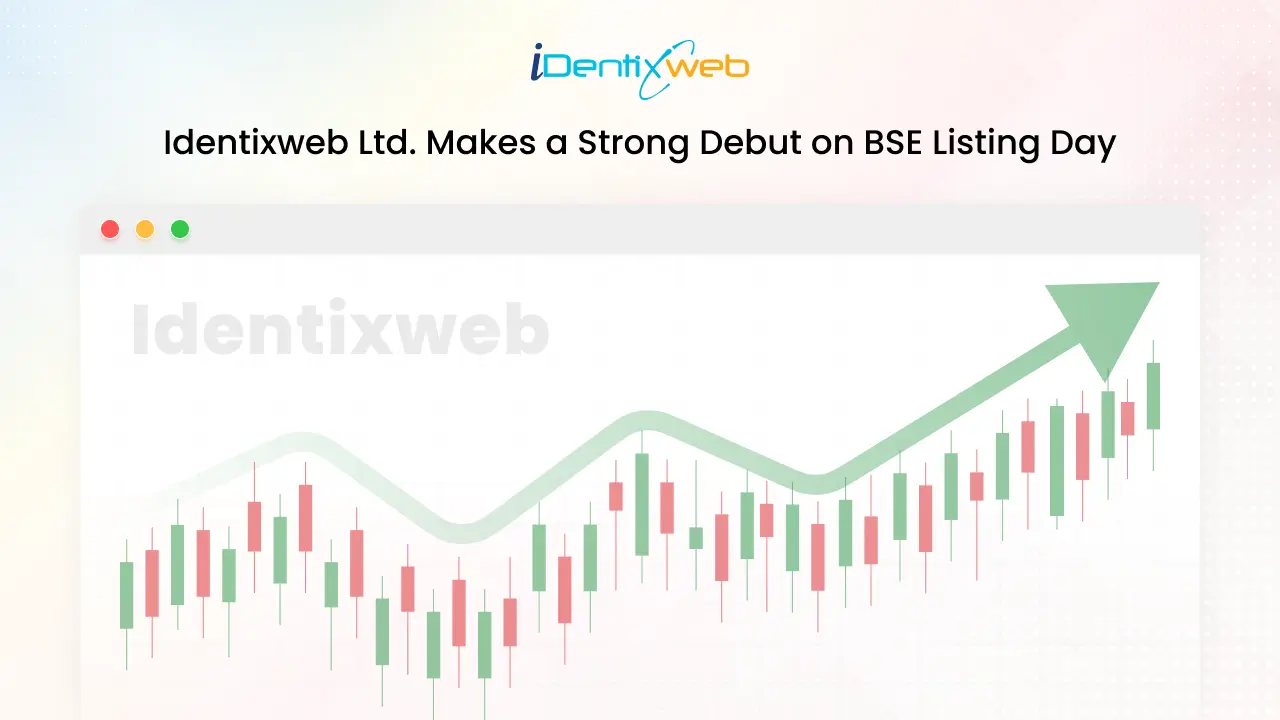

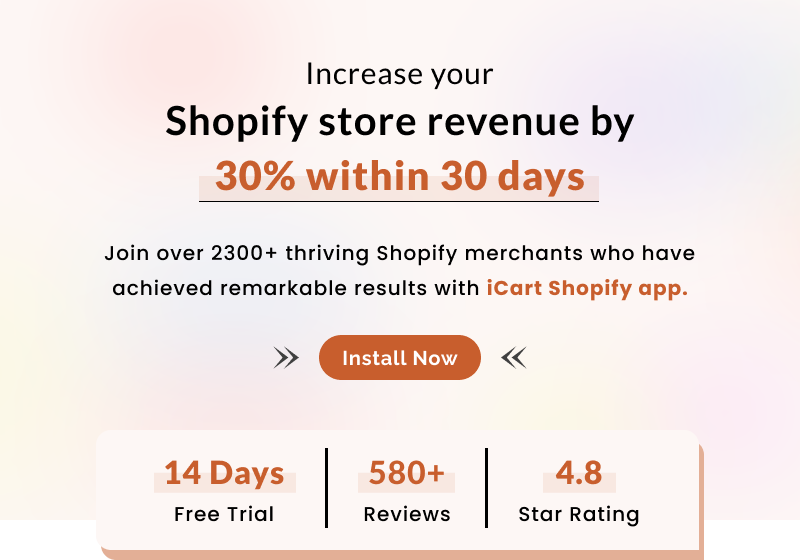
About the author
Mehul Jagwani
Mehul is a content writer with a heart of nomad. He is currently working with Identixweb as a content writer and he is passionate about Quantum Mechanics, Christopher Nolan's movie and Traveling. His weekends are well spent with his Golden Retriever recharging him with cuddles and strolls.